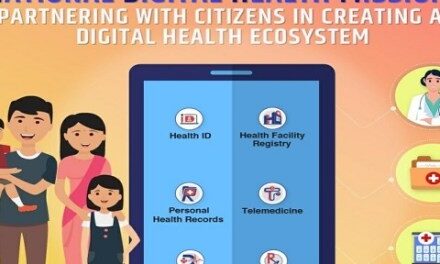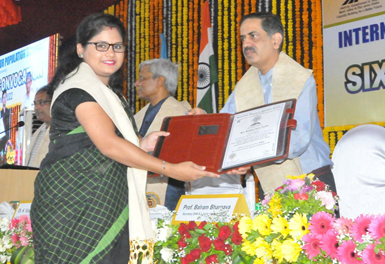Hyderabad, August 13, 2024 – On the eve of World Organ Donation Day, medical professionals across India are raising alarms about the country’s critically low cadaver organ donation rate, which stands at less than one per million people. This stark reality leaves an estimated 300,000 patients waiting for life-saving organs, with many never receiving the transplants they need.
In Hyderabad, doctors are emphasizing the urgent need to increase awareness about organ donation and the life-saving potential it holds. “The number of people in need of a suitable organ is increasing every year, yet the availability of organs remains worryingly low,” said Dr. Gayatri Kamineni, Chief Operating Officer of Kamineni Hospital.
Telangana has emerged as a leader in organ donation, ranking among the top five states in India for deceased organ donors. However, Dr. Kamineni highlighted that, on a national scale, the percentage of cadaver organ donations is still dismally low. In many regions, organ donations predominantly occur within families, limiting the potential pool of donors.
The crisis is particularly evident in the case of chronic kidney disease patients. Dr. Purna Chandra Reddy, Executive Director and Senior Consultant Urologist at the Asian Institute of Nephrology & Urology, Hyderabad, expressed deep concern over the plight of young individuals whose lives and futures are jeopardized by kidney failure. “We encounter many young patients who could contribute greatly to society, but the complications from failed kidneys can lead to their untimely deaths,” Dr. Reddy stated.
Healthcare professionals like Mangadevi, Vice President of Organ Donation Services at KIMS Group of Hospitals, believe that government intervention is crucial to address this crisis. She called on the Government of India, and particularly Prime Minister Narendra Modi, to spearhead initiatives that raise awareness about organ donation. Mangadevi also emphasized the need for more trained healthcare professionals to accurately declare brain death, which is a critical step in the organ donation process.
Efforts have been made to simplify the organ donation registration process. The government has introduced an online pledge form, allowing interested donors to easily register. Upon registration, donors receive a card with a unique government registration number, recorded by the National Organ and Tissue Transplant Organization (NOTTO). However, the decision to donate organs posthumously ultimately lies with the donor’s next of kin, making family discussions about organ donation vital.
“Even if you have pledged your organs, no donation will occur without the consent of your next of kin,” Mangadevi explained. “It is essential to discuss your decision with your family to ensure that your wishes are honored.”
In a move applauded by healthcare professionals, the Andhra Pradesh government recently announced that organ donors would be honored with full state ceremonies during their final rites. Mangadevi urged other states to adopt similar practices, recognizing the profound sacrifice made by organ donors.
As World Organ Donation Day is observed, the message from India’s healthcare community is clear: greater awareness, government support, and societal engagement are urgently needed to improve the nation’s organ donation rate and save countless lives.












